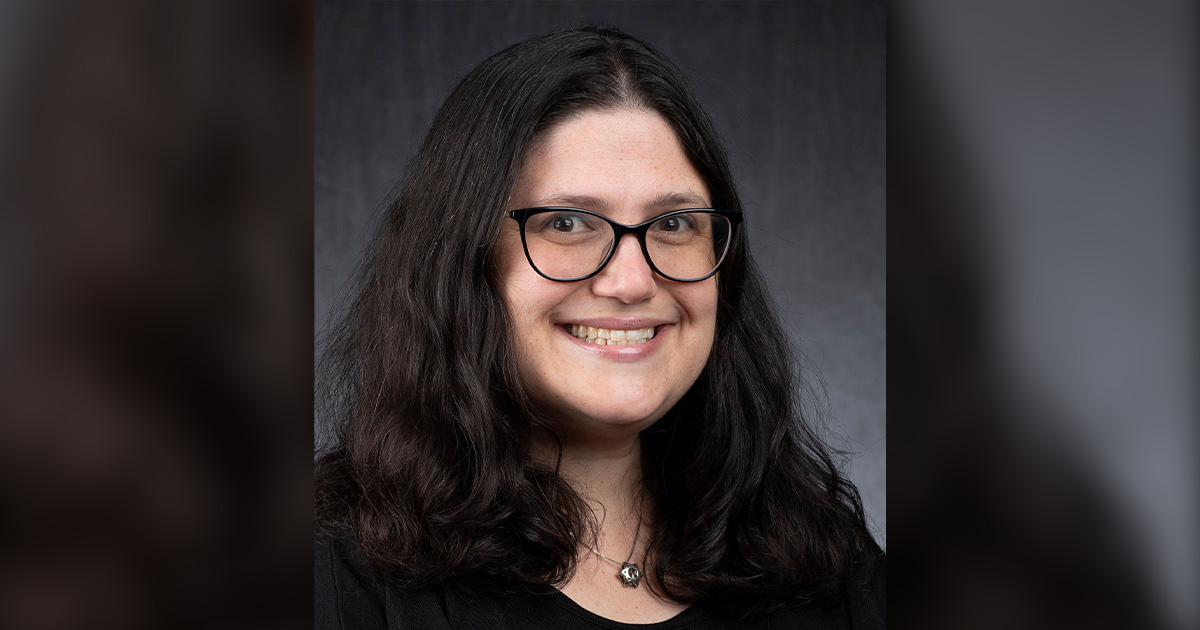UA Little Rock Anthropology Professor Participates in International Panel and Research

Dr. Maureece Levin, an assistant professor of anthropology within the School of Human Inquiry, participated in an international panel that recently published its findings in New Phytologist, an international journal that focuses on plant sciences.
In early 2022, Levin, along with 19 other scientists from across the globe, was selected to participate in a panel with a goal of identifying 100 questions that affect the future and the community of plant science on a global scale.
The scientists were divided by regions including the Americas, Europe, Africa, and the Asia Pacific. Levin, an archaeobotanist, served on the Americas panel with other scientists from both North and South America, and she also acted as an Americas panel representative on the global panel.
What started as 600 questions that prioritized the sustainability of plant science, as well addressed its biggest threats, was then narrowed down to 100 questions based on importance.
“There was actually remarkable congruency on a lot of questions,” Levin said. “A lot of the questions seemed to be things that were globally really important.”
Similar questions and ideas were discussed 10 years ago with another group of scientists that was also published in New Phytologist.
The recent panel and research reflects on the changes to plant science and identifies how much progress has been made in the past ten years, the press release detailed.
“The thing that really stood out to us on the panel was that so many more of the questions were focused on climate change. This emerged as really one of the massive themes,” Levin said.
In addition to climate change, the questions also addressed issues of technology, sustainability, and more.
Also in the recent study was a larger pool of scientists. According to the press release, lead researchers emphasized including those from a variety of backgrounds, regions, and cultures to show “how an inclusive international exercise can be used to identify diverse research questions.”
Levin compared her experience participating in the panel to her time at UA Little Rock.
“I think there can be parallels drawn. Being in a university setting that encourages connection across disciplines is something that I think is really valuable,” she said.
While she interacts with other anthropologists every day, she mainly interacts with those who aren’t anthropologists—something she says is conducive to building other ideas.
“One hundred important questions facing plant science: an international perspective” can be read in New Phytologist.
